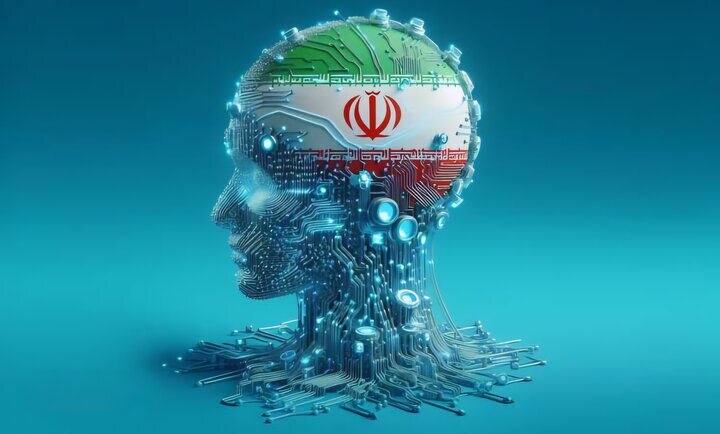TEHRAN – Oxford Insights, which provides data on preparedness to implement Artificial Intelligence in public service delivery, has ranked Iran 94th among 193 governments across the world.
Governments are not only working to foster AI innovation and establish regulatory frameworks but also striving to integrate this technology into public services.
However, understanding how to ensure that AI is adopted effectively for the public good remains a challenge. This index attempts to address this issue.
It includes 39 indicators across 10 dimensions, which make up 3 pillars: Government, Technology Sector, and Data and Infrastructure pillars.
According to the index, the country’s best ranking is in the Data and Infrastructure pillar, 55.88. It includes infrastructure, data availability, and data representativeness indicators.
The country’s score in the Technology pillar was 38.77. It includes human capital, innovation capacity, and maturity indicators.
Iran’s lowest score is in the Government pillar, 31.56, probably due to the absence of a national document on AI development. However, with the implementation of the document, the country’s ranking is expected to rise in the future.
The United States, Singapore, and England are ranked first to third, respectively.
In most countries, the Technology pillar including human capital, and innovation capacity has the lowest score. However, most of the Arab countries have been able to make significant progress in promoting governments’ readiness to implement AI due to their investment in strengthening the infrastructure and developing strategies related to the establishment of AI.
They are placed among the top 50 countries in the index.
Iran tops Islamic nations for AI documents
According to a report released by the Web of Science database, Iran ranks first for the highest number of documents in artificial intelligence (AI) among Islamic countries.
The country issued 2,638 AI documents between 2013 and 2022.
Saudi Arabia (2,465) and Turkey (2,303) were ranked second and third, respectively, IRIB reported.
Iran has also been ranked 14th worldwide in artificial intelligence.
Based on the report, the country ranks second in 3D printing and robotics, fourth in the Internet of Things, fifth in 5th generation (5G) communication technologies and big data, seventh in drone technology, and eighth in blockchains among Islamic nations.
The most scientific productions in the last ten years in artificial intelligence have been respectively related to Tehran University, Tabriz University, and Amir Kabir University of Technology.
Also, the data analysis shows that the number of scientific productions of artificial intelligence has improved in the last five years, reaching 577 documents in 2022 from 157 documents in 2018.
Robotics with 1,596 documents, and the Internet of Things with 1,270 documents followed artificial intelligence in terms of scientific production.
Blockchains with 7 documents had the lowest scientific production in the ten-year period.
Developing AI infrastructure
By allocating 50 trillion rials (some $100 million), the public and the private sector plan to develop the infrastructure for artificial intelligence operators in the current calendar year, which started on March 21.
In February, the former vice president for science and technology, Rouhollah Dehqani-Firouzabadi, said the Importance of artificial intelligence cannot be denied. However, it’s hard to keep pace with the rapid [global] growth in the area, IRNA reported.
He made the remarks while attending the first meeting of the national steering committee’s working group on artificial intelligence.
The main objective behind founding the national steering committee is to promote and develop AI in the country with the help of both the private sector and the public sector, he added.
Dehqani-Firouzabadi went on to say that the national committee is not seeking to hold a share in management. It aims to facilitate and coordinate the development of AI by developing a streamlined, dynamic, and synergetic structure. It also endeavors to pave the way for individuals to participate in the development of artificial intelligence.
On December 3, 2023, late President Ebrahim Raisi issued an executive order for the establishment of the ‘National Steering Committee and the National Artificial Intelligence (AI) Center’.
Creating a complete and stable chain of ideas to market in AI, benefiting from AI for the economic progress of the country, planning to achieve a leading and sustainable position among the countries of the world, as well as identifying and nurturing talents in the field of AI are among the most important tasks of the national AI center.


No comments:
Post a Comment